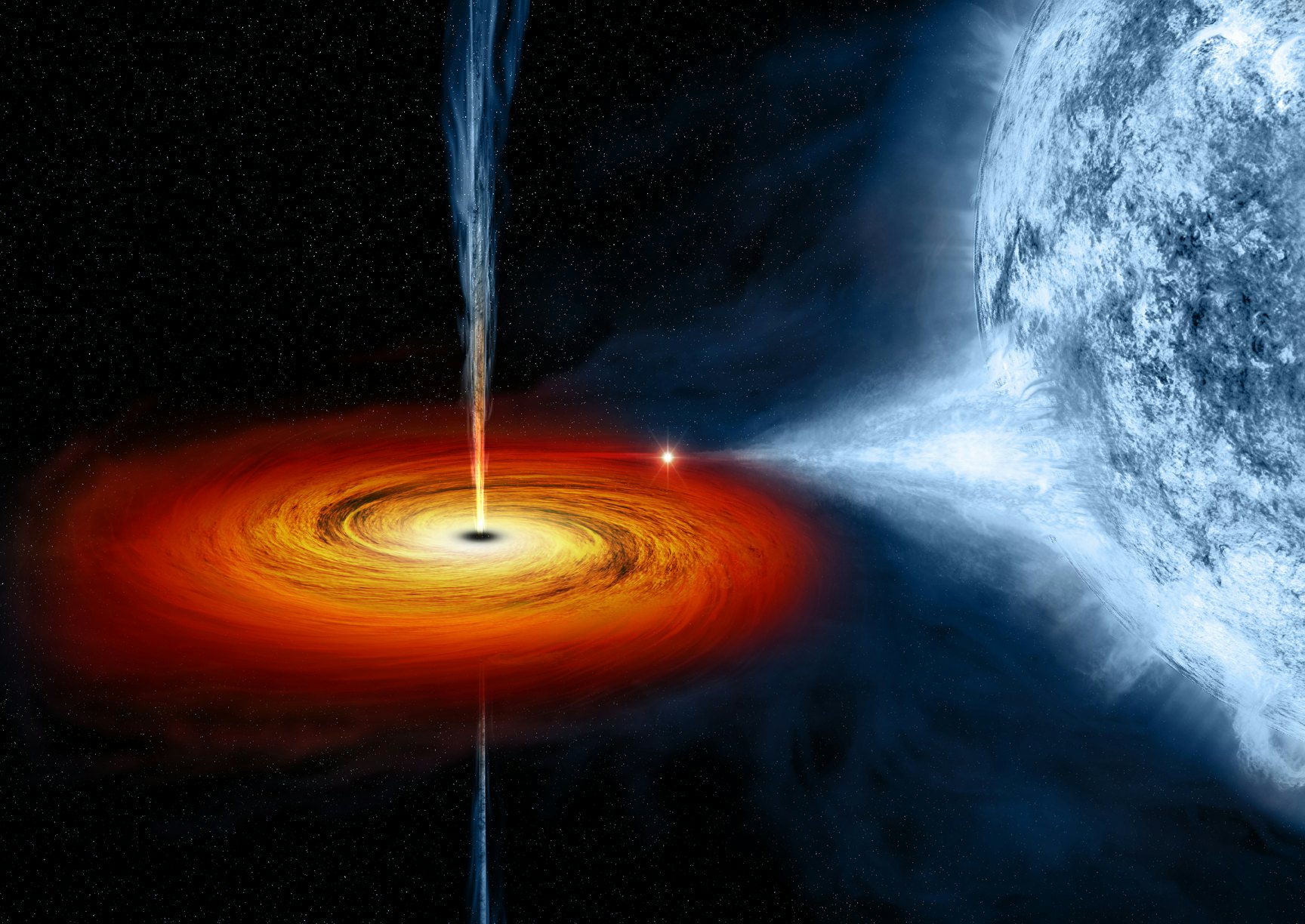
Physicists have argued that no observer could ever pass through the Cauchy horizon point because they would be annihilated.Īs an observer approaches the Cauchy horizon time slows down, since clocks tick slower in a strong gravitational field, they argue.Īs light, gravitational waves and anything else encountering the black hole fall inevitably toward the Cauchy horizon, an observer also falling inward would eventually see all this energy barrelling in on them at the same time. The Cauchy horizon is the spot where determinism breaks down, where the past no longer determines the future. Experts theorised that crossing the threshold of one is not as impossible as was thought These equations work well until an observer reaches the centre or singularity, where, in theoretical calculations, the curvature of space-time becomes infinite.īlack holes (artists's impression) are thought to be regions of space so dense that they trap or even destroy all matter, but a new study suggests that visiting one might just be possible. They have turned to Einstein's equations of general relativity to predict the world inside a black hole.

The tidal forces close to the event horizon are enough to stretch any matter until it's just a string of atoms, in a process physicists call 'spaghettification'.īut for large black holes, like the supermassive objects at the cores of galaxies like the Milky Way, which weigh tens of millions if not billions of times the mass of a star, crossing the event horizon would be uneventful.īecause it should be possible to survive the transition from our world to the black hole world, physicists and mathematicians have long wondered what that world would look like. If you venture too close and cross the so-called event horizon, the point from which no light can escape, you will also be trapped or destroyed.įor small black holes, you would never survive such a close approach anyway. If you're ready to learn more, keep reading - and thank your lucky stars you're not currently drifting towards the event horizon yourself.Black holes are strange objects in the universe that get their name from the fact that nothing can escape their gravity, not even light. Despite the differing opinions, one thing everyone seems to agree upon is that surviving a black hole would be impossible. Some physicists contend that it would be a peaceful crossing, while others describe an incredibly gruesome and horrifying death. In fact, gravity is so strong along the event horizon that it’s impossible for even light to escape.īut what happens to you on the event horizon of a black hole is actually up for debate. Commonly known as the “point of no return,” the event horizon can be imagined as the edge of a waterfall, where gravity becomes a monopolizing force.

But before you can delve deeper into the mysteries of death by black hole, you need to know about the event horizon, or the boundary of a black hole. The answers to these questions are both mind-boggling and fascinating. Can people die in black holes? Yes, although not in the ways you might expect. What happens to your body in a black hole? Luckily, that question is purely hypothetical - humans currently have no way of reaching these mysterious cosmic bodies, and even if they could they wouldn't be able to enjoy the experience for long.


 0 kommentar(er)
0 kommentar(er)
